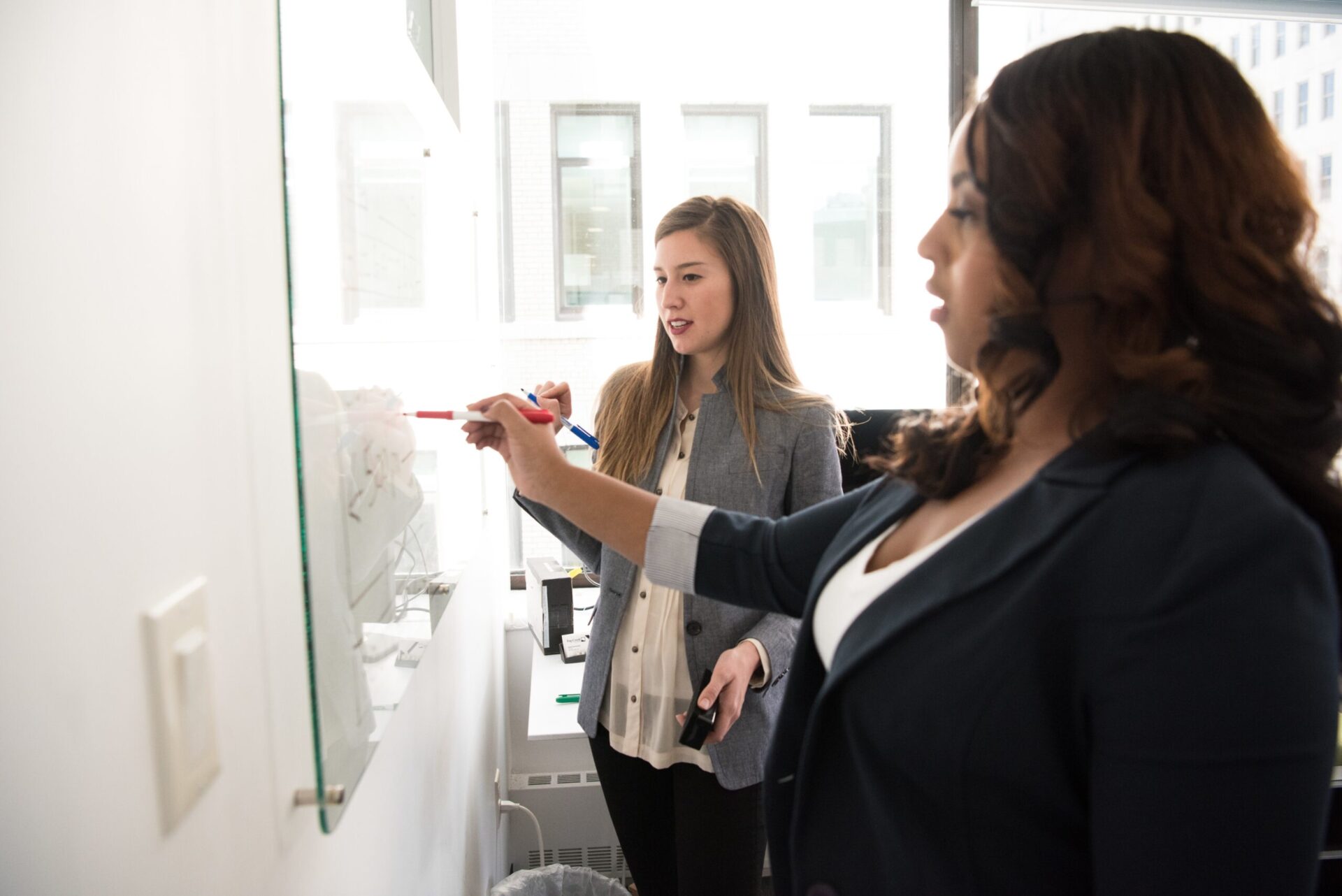Podcast: Play in new window
We mentioned this series a few times during our Undivided Heart weekend away, 2023 (Repost from July 2021)
Over the next few weeks, we’re going to be focussing on conversations. The Evangelical Alliance has just released a guide for churches on the conversations we need to be having in order to engage young adults. Our own book, Unlocking the Door, hinges on the premise that facilitating and initiating conversation in a whole host of different settings is key to developing and strengthening relationships. And whether you like ‘small talk’ or not, we can all benefit from a little look at how we can communicate in the friendliest way possible, as we seek to make friends, impact our communities and introduce people to Jesus.
Have you found it easy to engage in simple conversations?
As we’ve been mixing more and getting to know each other again, have you noticed yourself analysing the types of conversation you’re engaging in? I have, and I think it’s because I’m trying to reassure myself that I am capable of being in society and holding a decent conversation!
Which conversations stay with you and why?
There are two conversations that have played on my mind over these past few weeks. One was with a Chester tour guide dressed as a Roman soldier. One was with a friend at the park. Next time, I’m going to tell you a bit about them, and how they have made me look again at our motives, draws and hopes when we enter into a conversation about Jesus, church, and faith. But first, here is a bit of background to help us categorise our conversations. 
The four types of conversation: discourse, dialogue, diatribe and debate.
I prefer the first two for day-to-day conversations as they are cooperative. Discourse is one-way and is used to deliver information; dialogue is two-way and its purpose is to exchange information and build relationships.
Discourse and dialogue
We default to discourse when we give a family member a list of jobs to do or when we share some research in a group setting. That’s all very well, but as we know from book groups, life groups, and bible studies, the golden aim is to get others talking and get to the point where the conversation becomes dialogue: that elusive 2-way, high-quality discussion or balanced chat where you come away feeling proud of yourself for not dominating the conversation (extroverts) or for being brave enough to speak (introverts). 
Diatribe and debate
The other two types of conversation are more competitive. You’ll be able to think of particularly competitive people who default to diatribe in day-to-day life. There is always someone who has to like avocado more than anyone else, someone who is the most tired (or busy, or stressed). This over-exaggeration is endearing in small doses, but which reverential adjective is left to describe God when the dress, the shoes, the piece of work, the beach is ‘awesome’? Diatribe is one-way and competitive. We fall into this style when we want to express our emotions, have the ‘last word’, or, more positively, when we are passionate about something or want to inspire others.
Debate is similar but this is two-way. Some families love a healthy debate around the dinner table and apparently, it is an essential activity to help develop the teenage brain. However, I would say most people enter into a debate to win. It makes you feel good if you do! But as all good debating society members know, the skill lies in listening carefully to the other point of view so that you can refute it or change tack to strengthen your position. And people who are particularly inclusive and generous engage in debate in order to widen their perspectives and understand other people and issues more deeply.
Here are some ideas to try over the next few days:
At work, around the dinner table, with friends, or on the phone, try to pick out the type of conversations that leave you feeling happy, frustrated, curious, or sad.
Is it the type of conversation or the subject matter that is responsible for initiating these feelings?
Is most of your day filled with cooperative discourse and dialogue, or competitive diatribe and debate?
Read more about identifying which type of conversation you are in: The idea of the four types of conversation comes from an article by David Wangel
Look out for next week’s article to discover why I can’t get Roman toilets and cryptocurrency out of my head!

